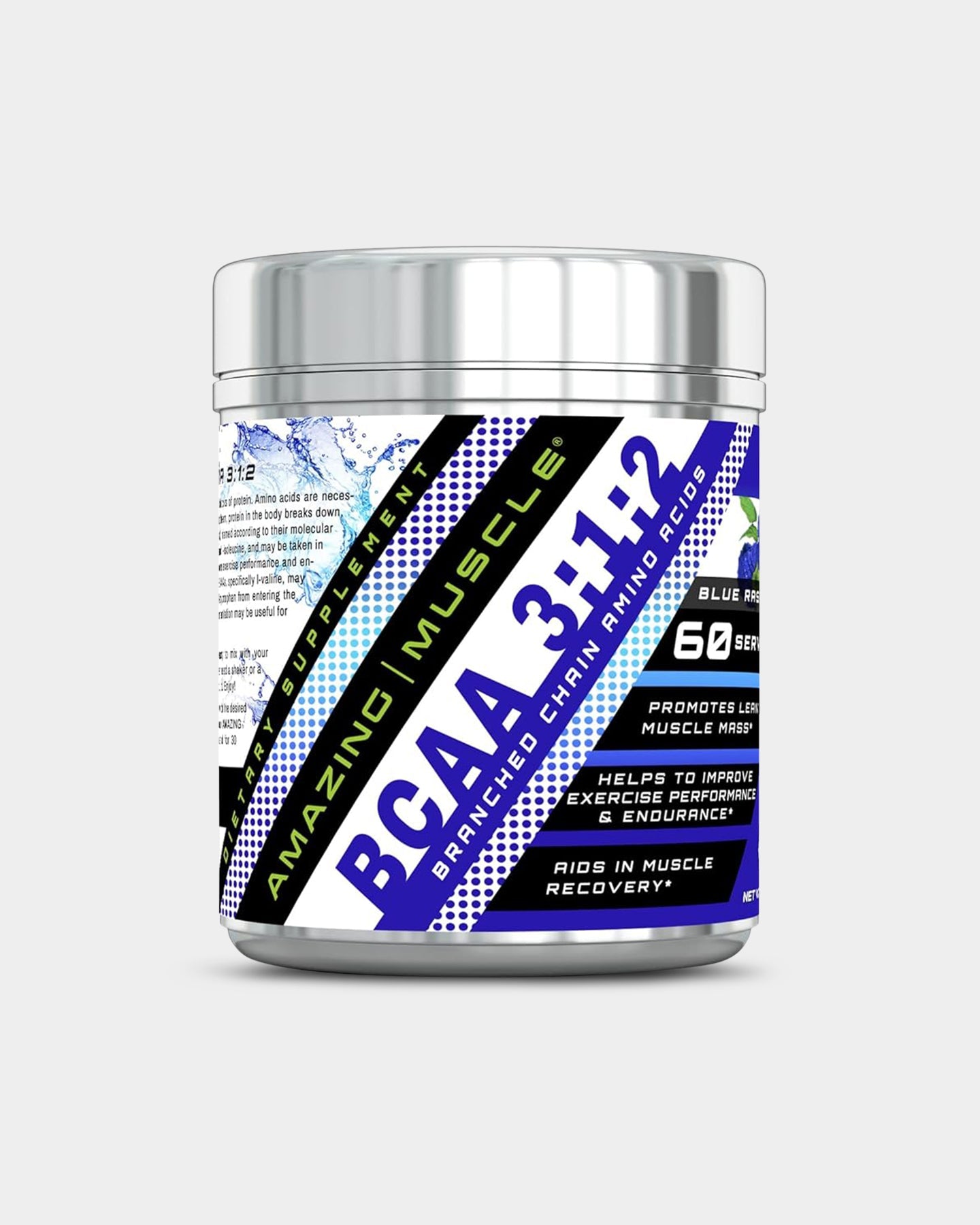Effective Ways to Use BCAA for Optimal Muscle Recovery in 2025
In the evolving landscape of fitness and sports nutrition, Branched-Chain Amino Acids (BCAAs) have become essential for anyone looking to optimize muscle recovery and performance. These three amino acids—leucine, isoleucine, and valine—play a crucial role in promoting muscle growth, enhancing endurance, and aiding recovery following intense workouts. In 2025, using BCAAs effectively has evolved to include various formats and applications tailored to individual needs, whether you’re a beginner or an experienced athlete.
Understanding the BCAA Vorteile (benefits) is paramount for coaches, athletes, and fitness enthusiasts. They assist in muscle regeneration, provide energy during workouts, and help prevent muscle breakdown. This article will delve into effective methods of incorporating BCAAs into your regimen for optimal muscle recovery and performance. From timing your intake and choosing the right formats—like BCAA Kapseln (capsules) or BCAA Pulver (powder)—to exploring innovative BCAA recipes, we cover everything you need to know.
By the end of this guide, you’ll learn how to harness the full potential of BCAAs in your fitness journey, whether your goals revolve around muscleaufbau (muscle building), performance enhancement, or recovery optimization. Let’s dive in and uncover the secrets to effective BCAA supplementation for athletes and fitness enthusiasts alike.

Understanding the Role of BCAAs in Muscle Recovery
Building on the fundamentals of BCAA supplementation, it’s essential to grasp how they specifically aid muscle recovery. BCAAs are unique because they can be metabolized directly in muscle tissue, helping promote protein synthesis and muscle repair. This natural ability allows BCAAs to serve as a vital resource for those engaging in strenuous exercise.
How BCAAs Facilitate Muscle Recovery
BCAAs enhance muscle recovery via several mechanisms. The primary function of leucine, one of the BCAAs, is to stimulate muscle protein synthesis. This is particularly crucial post-workout when muscles require repair and rebuilding. Studies indicate that consuming BCAAs post-exercise significantly reduces muscle soreness and accelerates recovery times.
Timing Your BCAA Intake
Optimizing your BCAA intake involves understanding the best timing for consumption. Research suggests that consuming BCAAs before or during a workout can help reduce fatigue and improve endurance. Alternatively, taking them after training can vastly enhance muscle recovery, enabling you to return to your workout regimen more efficiently.
Different Forms of BCAA: Which Is Right for You?
With the availability of various BCAA formats—like BCAA Pulver and BCAA Kapseln—choosing the right form can affect your experience. Powders often allow for quicker absorption into the bloodstream, while capsules are convenient for on-the-go use. Each format has its own set of advantages, so it’s crucial to select one that fits your lifestyle and workout routine.

Key Strategies for BCAA Usage
With these basics established, let’s explore some strategic approaches to utilizing BCAAs effectively in your fitness regimen. Below, we outline various tips for optimizing their use for maximum recovery benefits.
Combining BCAAs with Other Supplements
For enhanced performance and recovery, consider combining BCAAs with other fitness supplements like creatine. This synergistic approach can lead to greater gains in strength and muscle mass. Many athletes find that such combinations amplify their overall workout effectiveness, making them essential components in a comprehensive supplementation strategy.
Hydration and BCAAs: A Vital Connection
Staying hydrated is crucial for overall performance, and this is especially true when using supplements like BCAAs. Studies have shown that proper hydration enhances the absorption and effectiveness of BCAAs. Therefore, ensure you are drinking adequate fluids throughout your workout and recovery process to reap the full benefits of your BCAA supplementation.
Exploring BCAA Recipes for Enhanced Enjoyment
Using BCAAs doesn’t have to be a mundane practice. Experimenting with BCAA recipes can make your supplementation routine more enjoyable. Consider mixing BCAA powder into smoothies, protein shakes, or even baked goods for a nutritious twist. This not only infuses your diet with essential amino acids but also enhances your overall nutritional intake.
Potential Side Effects and Considerations
When integrating BCAAs into your regimen, it’s crucial to be aware of potential side effects. Although they are generally safe for most individuals, excessive intake may lead to gastrointestinal discomfort or other milder side effects. It’s also essential to consider any pre-existing health conditions or medications that might interact with your supplementation.
Consulting With Healthcare Professionals
Before starting any new supplementation, including BCAAs, consulting with healthcare professionals or a registered dietitian is advisable. They can provide personalized recommendations based on your unique health profile, fitness goals, and dietary needs, ensuring your approach to supplementation is safe and effective.
Staying Informed on BCAA Research
The scientific community continuously conducts research on the effectiveness of BCAAs. Staying informed about the latest studies can enhance your understanding of how to use these supplements properly and maximize their benefits for muscle recovery and performance.
FAQs About BCAAs
What Are the Best BCAAs for Muscle Recovery?
When selecting BCAAs for muscle recovery, look for products that contain a well-balanced ratio of leucine, isoleucine, and valine. Popular recommendations include options labeled as scientifically supported and those that contain additional ingredients like L-glutamine for enhanced recovery.
How Much BCAA Should I Take?
The optimal BCAA dosage can vary based on activity levels and individual goals. However, general recommendations suggest a range of 5 to 20 grams per day. It is advisable to start at lower doses and gradually increase as needed.
Can BCAAs Help With Weight Loss?
Yes, BCAAs may assist with weight loss by preserving lean muscle mass during calorie deficits and reducing cravings. This can be particularly beneficial when combined with regular exercise and a balanced diet.
Should I Take BCAAs Before or After a Workout?
Timing can depend on personal preferences and goals. Taking BCAAs before or during workouts can enhance endurance, while post-workout intake is crucial for muscle recovery. Experimenting with both timings might help determine what works best for you.
Are There Any Risks Associated With BCAA Use?
While BCAAs are generally safe, excessive use can lead to side effects such as gastrointestinal issues. Always adhere to recommended dosages and consult with a healthcare professional if you have concerns.
